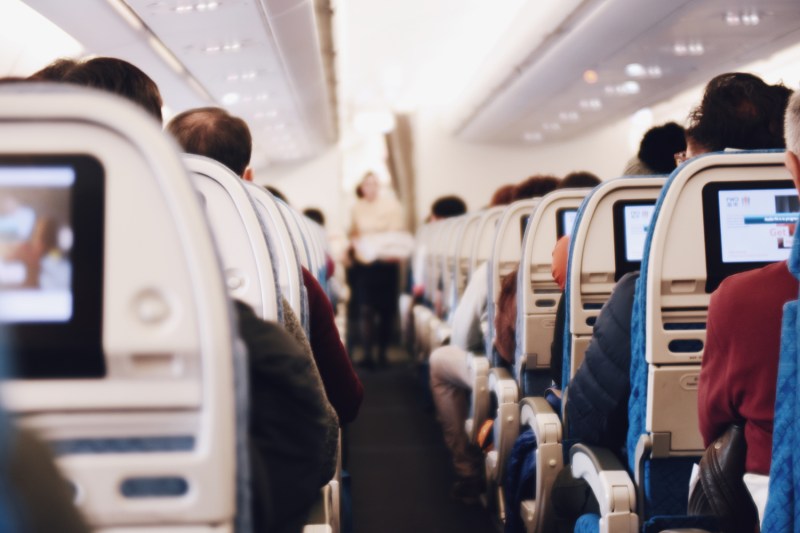
The summer travel season is upon us. You’re no doubt gearing up for a full-on vacation or at least a long weekend away. If you’re considering either, now is the time to book your flights. Domestic and international airfare is about to get expensive, possibly very expensive. Here’s why.
Even if you’re an avid traveler, there’s a good chance you weren’t affected by the grounding of Boeing’s 737 Max 8 in the wake of two strikingly similar crashes. The 371 jets represent only a fraction of the total number of aircraft in service worldwide, but that number is enough to send ripples through the global travel network. In the U.S., United Airlines announced they’re canceling all Boeing 738 Max 8 flights into July, while Southwest and American Airlines have already extended their groundings into August. Internationally, Norwegian Air has been especially hard hit, which is causing headaches for European travelers. While some airlines are predicting when their 737 Max 8s might return to service, the fact is the suspension is indefinite. Boeing is currently working on a software fix, but no one knows when — or if — the planes will be safe to fly.
Fewer planes mean substantially less available seats. During the historically high summer travel season, that means demand could quickly outpace supply. When low-cost carriers like Southwest have fewer dirt-cheap fares to offer, the pressure on legacy airlines like Delta and United to offer competitive fares is relaxed. That results in higher air travel costs across the board. Plus, more people are traveling by air now than at any time in history. It all paints a bleak picture for budget travelers this season.
The bottom line: confirm your summer travel plans as soon as possible. It might seem obvious, but the best deals are usually on flights that the average traveler just doesn’t want to fly. Flexibility is a budget traveler’s best weapon. The more flexible you are with your travel dates and times, the easier that vacation will be on your wallet. Consider overnight and mid-week flights (Tuesday and Wednesday are consistently the least-flown days of the week for business and leisure travelers). Some smaller airports also offer better deals as they try to lure travelers away from their big-city competitors (instead of, for example, Boston Logan International Airport, consider Manchester, New Hampshire or Hartford International).
If in spite of these tips, sky-high fares derail your summer travel plans, you can always pack up the car and drive. After all, the Griswolds did it, and most of them survived the trip.



